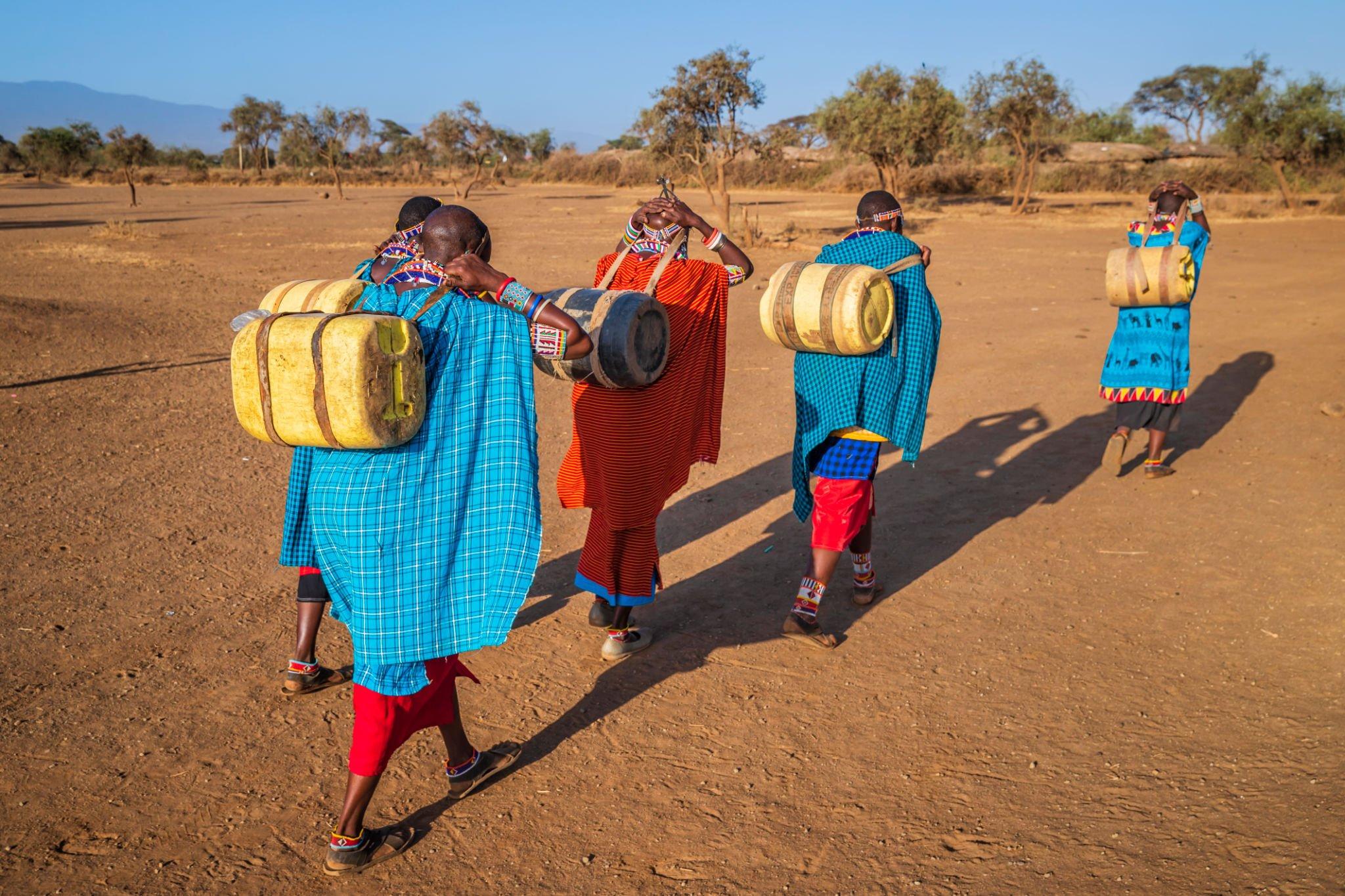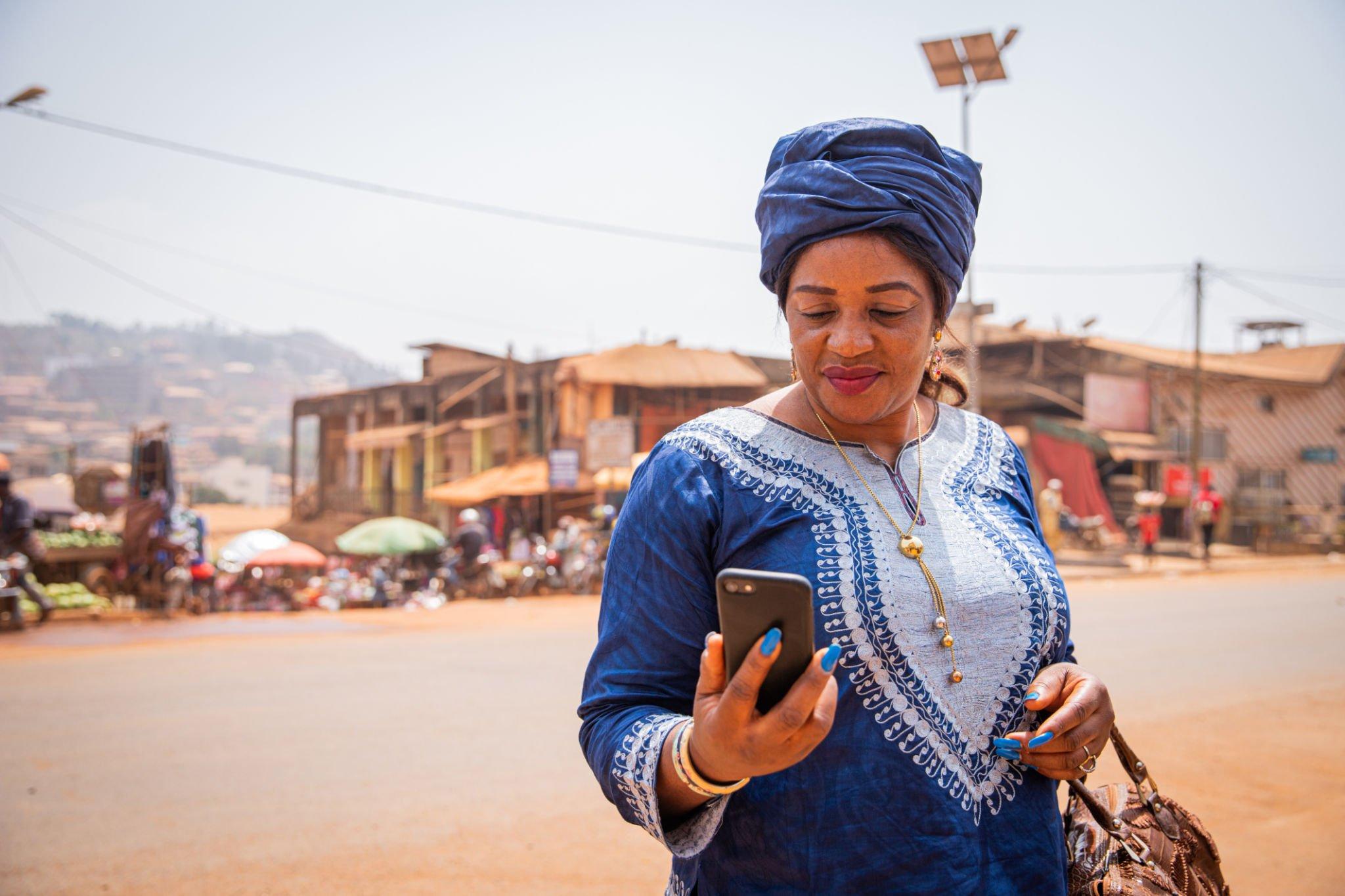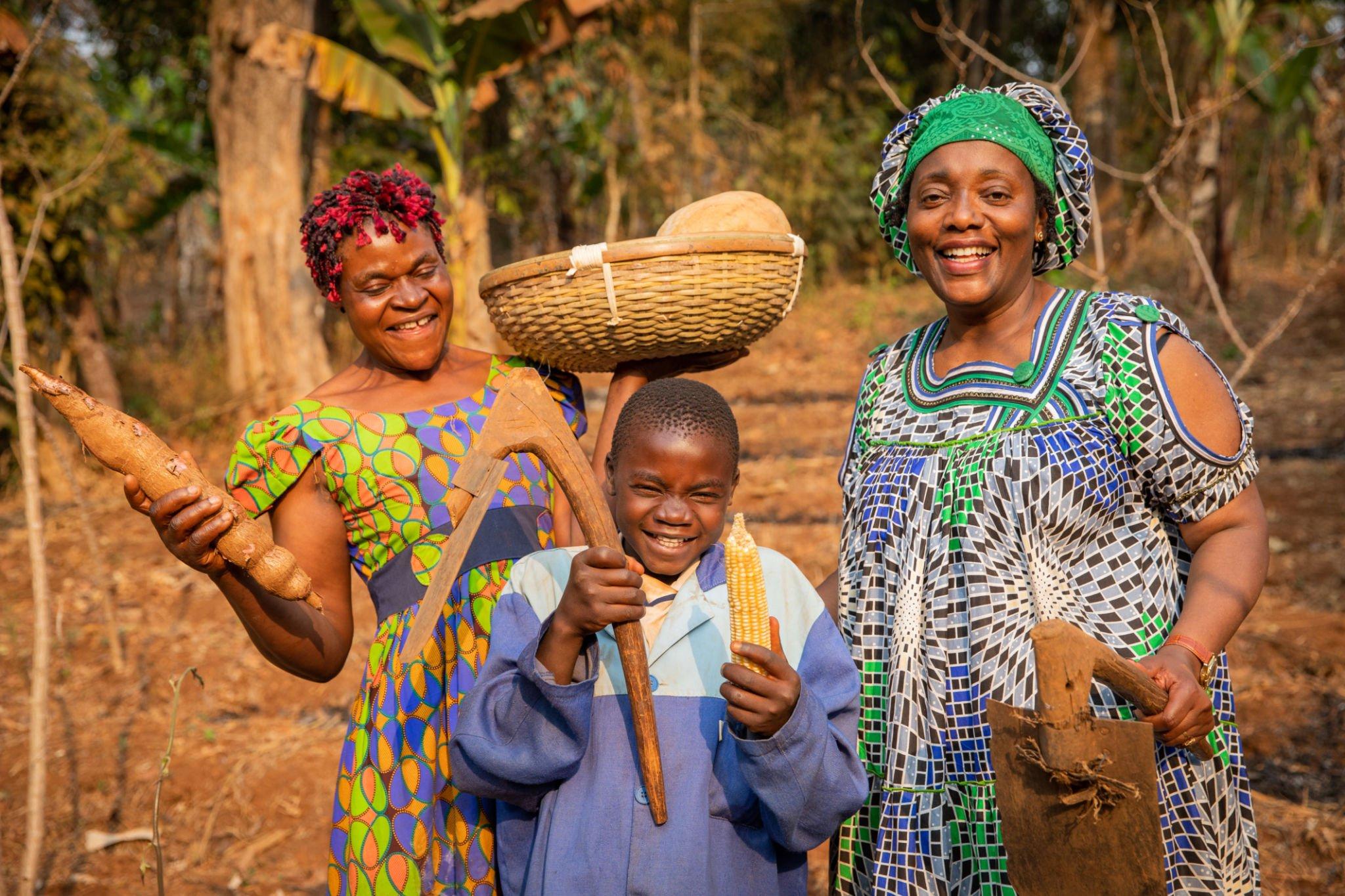Immerse Yourself Deeper Into My World

Building Communities In Africa
Building communities in Africa is an essential step towards achieving sustainable development and addressing the continent's most pressing challenges. Africa is home to diverse cultures, languages, and traditions. Building communities that are inclusive, supportive, and empowering is key to unlocking the continent's potential.
Community building involves creating relationships and networks of support between individuals and groups. It means working together towards common goals, pooling resources, and sharing knowledge and expertise. In Africa, building communities can help to address a range of challenges, from poverty and inequality to health and education.
One of the most important aspects of community building is inclusivity. Building communities that are inclusive means recognizing and valuing diversity. It means creating spaces where everyone feels welcome and has an equal opportunity to participate and contribute. In Africa, where there is a vast range of cultures and languages, creating inclusive communities is essential for promoting social cohesion and harmony.
Another critical aspect of community building is empowerment. Empowering communities means giving individuals and groups the tools and resources they need to succeed. This could involve providing access to education, training, or financial resources. Empowering communities is particularly important for marginalized groups, such as women and youth, who often face significant barriers to participation.
Community building can also help to promote sustainable development. By working together, communities can pool resources and expertise to address environmental, social, and economic challenges. This could involve developing sustainable agriculture practices, promoting renewable energy, or creating local businesses and job opportunities.
Finally, community building can help to foster a sense of belonging and identity. Building communities that are grounded in shared values and goals can help individuals and groups to feel connected and valued. This sense of belonging can have a positive impact on mental health and well-being, and help to promote social stability and harmony.
In conclusion, building communities in Africa is a critical step towards achieving sustainable development and addressing the continent's most pressing challenges. Inclusive, supportive, and empowering communities can help to promote social cohesion, economic growth, and environmental sustainability. By working together towards common goals, individuals and groups can build stronger, more resilient communities that promote a brighter future for all.

Supporting African Businesses
Africa is a continent full of entrepreneurs and small businesses. Supporting these businesses can have a significant impact on the continent's economy and help to alleviate poverty. African businesses offer a unique and diverse range of products and services, from handmade crafts to innovative tech solutions. By supporting African businesses, we can help to create jobs, reduce poverty, and promote economic growth.
One way to support African businesses is by purchasing their products. African businesses offer a vast range of products, from handmade crafts to locally sourced produce. These products are often unique, high quality, and sustainably made. By purchasing from African businesses, you not only get a fantastic product but also support the local economy and help to create jobs.
Another way to support African businesses is by investing in them. Many African entrepreneurs struggle to access the funding they need to grow their businesses. By investing in African businesses, we can help to bridge this gap and provide the support they need to succeed. Investing in African businesses can be done through crowdfunding platforms, angel investors, or venture capitalists.
Mentorship and knowledge-sharing is another way to support African businesses. Many African entrepreneurs lack the knowledge and experience they need to take their businesses to the next level. By offering mentorship and knowledge-sharing opportunities, we can help African entrepreneurs to gain the skills and expertise they need to succeed. This could involve sharing your expertise, volunteering with local organizations, or participating in entrepreneurship programs.
Finally, advocacy is an essential way to support African businesses. Advocacy involves raising awareness of the challenges facing African businesses and promoting policies that support them. This could involve lobbying governments to create a more business-friendly environment, raising awareness of the benefits of buying African products, or advocating for policies that support African entrepreneurs.
In conclusion, supporting African businesses is essential for promoting economic growth, creating jobs, and reducing poverty. By purchasing African products, investing in African businesses, offering mentorship and knowledge-sharing opportunities, and advocating for policies that support African entrepreneurs, we can help to create a thriving and sustainable economy in Africa. Remember, every purchase, investment, and act of support can have a significant impact on the lives of African entrepreneurs and their communities.

Celebrating African Culture
Africa is a continent rich in culture, history, and diversity. From the bustling markets of Marrakech to the serene savannas of the Serengeti, Africa offers a unique and diverse experience for all who visit. However, Africa's culture is more than just its sights and sounds. It's a complex and multifaceted identity that has evolved over thousands of years, and it's something that should be celebrated and preserved.
One of the most recognizable aspects of African culture is its vibrant and colorful traditional clothing. From the Maasai of East Africa to the Tuareg of North Africa, each tribe and ethnic group has its unique style of dress. Many of these traditional clothes are handcrafted using traditional techniques, such as weaving, dyeing, and embroidery. Each garment tells a story of the people who made it, their traditions, and their history.
Another aspect of African culture that should be celebrated is its rich history. Africa is the birthplace of humanity, and many of the world's earliest civilizations, such as Ancient Egypt, emerged on the continent. African history is a vast and complex tapestry that includes the rise and fall of kingdoms, the colonization of the continent, and the struggle for independence. By celebrating African history, we acknowledge the significant contributions that Africa has made to the world.
Food is another essential component of African culture. African cuisine is diverse and varies from region to region. From the spicy stews of West Africa to the vegetarian dishes of Ethiopia, African food is a celebration of flavor and color. Many traditional African dishes are made using locally sourced ingredients and cooked over an open flame, which adds a distinct smoky flavor to the food.
Music and dance are also integral parts of African culture. African music is a vibrant mix of rhythms and melodies that vary from region to region. From the drumming and chanting of West Africa to the guitar and vocal harmonies of Southern Africa, African music reflects the diversity of the continent. Dance is also an essential part of African culture, with each region and ethnic group having its unique style of dance.
In conclusion, celebrating African culture is a celebration of the rich and diverse identity of the continent. By acknowledging and preserving Africa's traditional clothing, history, food, music, and dance, we can ensure that future generations can experience and appreciate the unique and multifaceted culture of Africa. It's important to remember that African culture is not just a tourist attraction but a living and breathing entity that should be valued and respected.